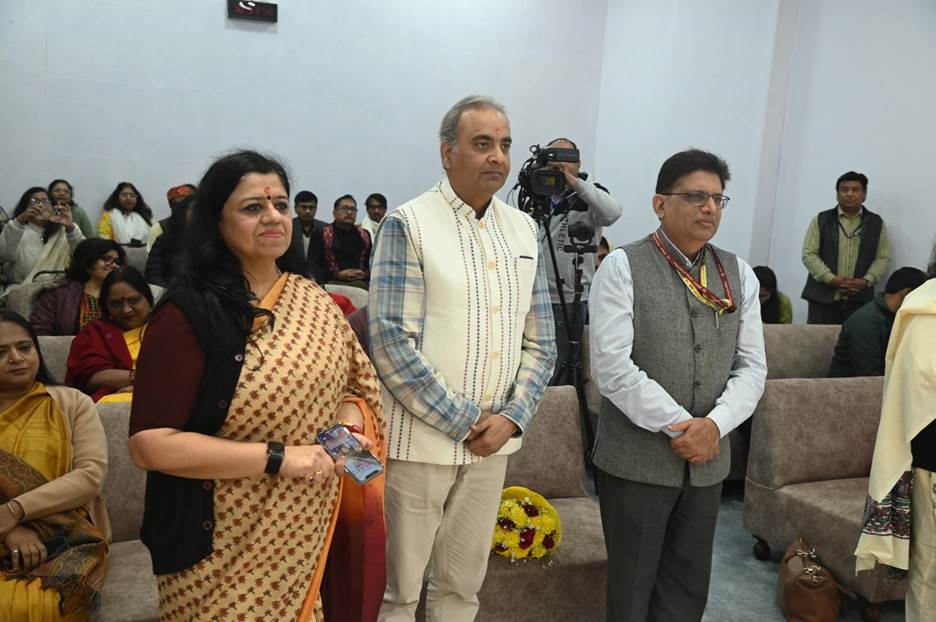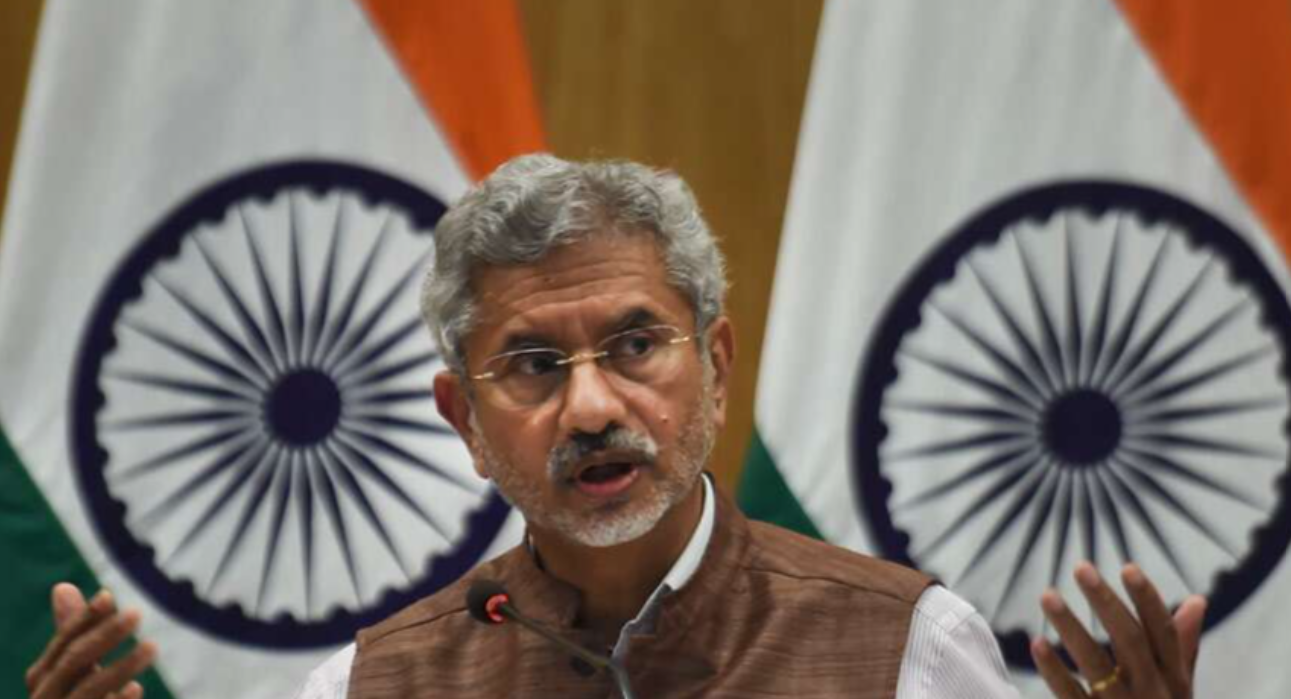Union Home Minister Amit Shah announced the implementation of three new criminal laws, marking a significant departure from the colonial-era legal system. Emphasizing a justice-oriented approach, Shah highlighted that these reforms aim to benefit various societal groups and modernize India’s legal framework.
 Shah detailed several key changes: the inclusion of an online FIR facility for crimes against women, provisions for recording survivors’ statements at home, and a legal definition for mob lynching. The outdated section on treason has been replaced with measures against anti-national activities. These adjustments reflect a move towards a more contemporary and victim-centric justice system.
Shah detailed several key changes: the inclusion of an online FIR facility for crimes against women, provisions for recording survivors’ statements at home, and a legal definition for mob lynching. The outdated section on treason has been replaced with measures against anti-national activities. These adjustments reflect a move towards a more contemporary and victim-centric justice system.
Moreover, Shah pointed out that the new laws mandate videography during search and seizure operations to prevent wrongful accusations. The introduction of e-registers at police stations aims to maintain transparency regarding individuals in custody, reducing the need for habeas corpus pleas.
Shah addressed criticisms from the opposition, stating that the new laws underwent extensive debate and consultation. He refuted claims that the laws were forcibly passed, noting that discussions in both Lok Sabha and Rajya Sabha involved multiple participants and considerable debate time. Shah emphasized that his ministry sought input from a broad spectrum of stakeholders, including MPs, Chief Ministers, and judiciary members, ensuring a comprehensive review process.
In his appeal to the opposition, Shah urged cooperation, stressing the importance of these reforms for delivering timely justice and maintaining the dignity of the Indian populace.




